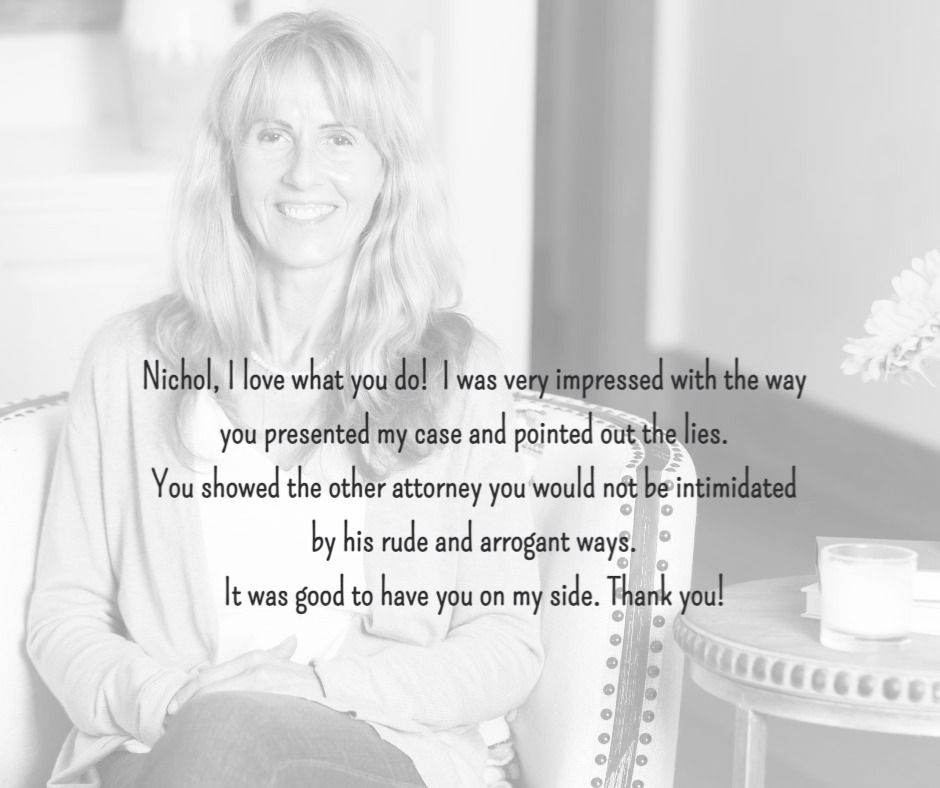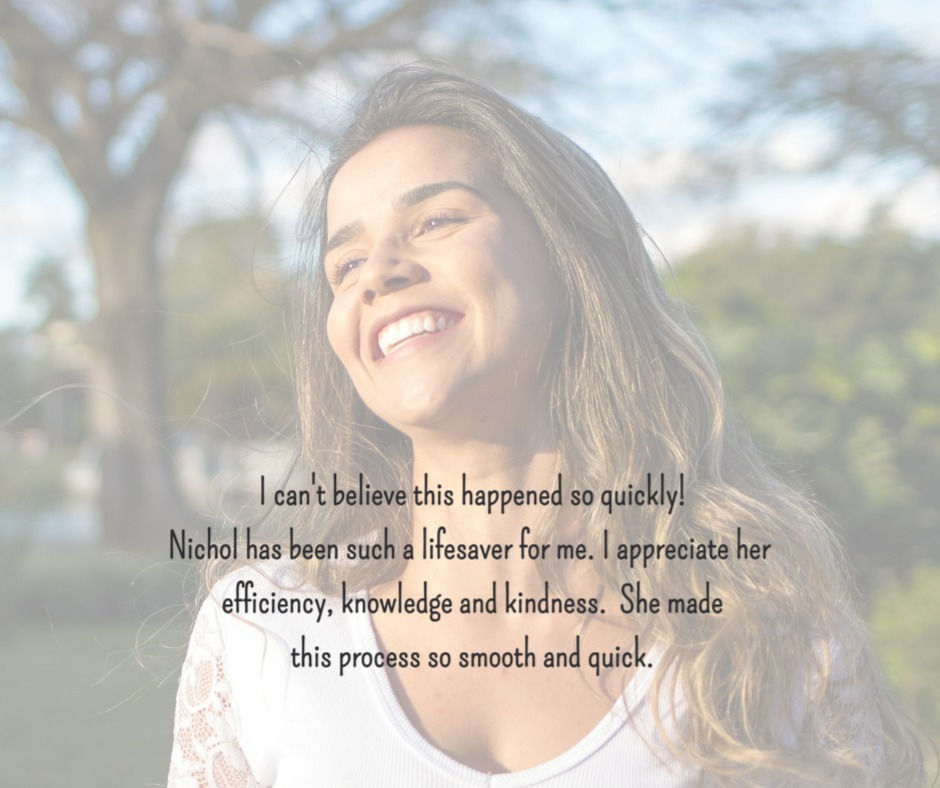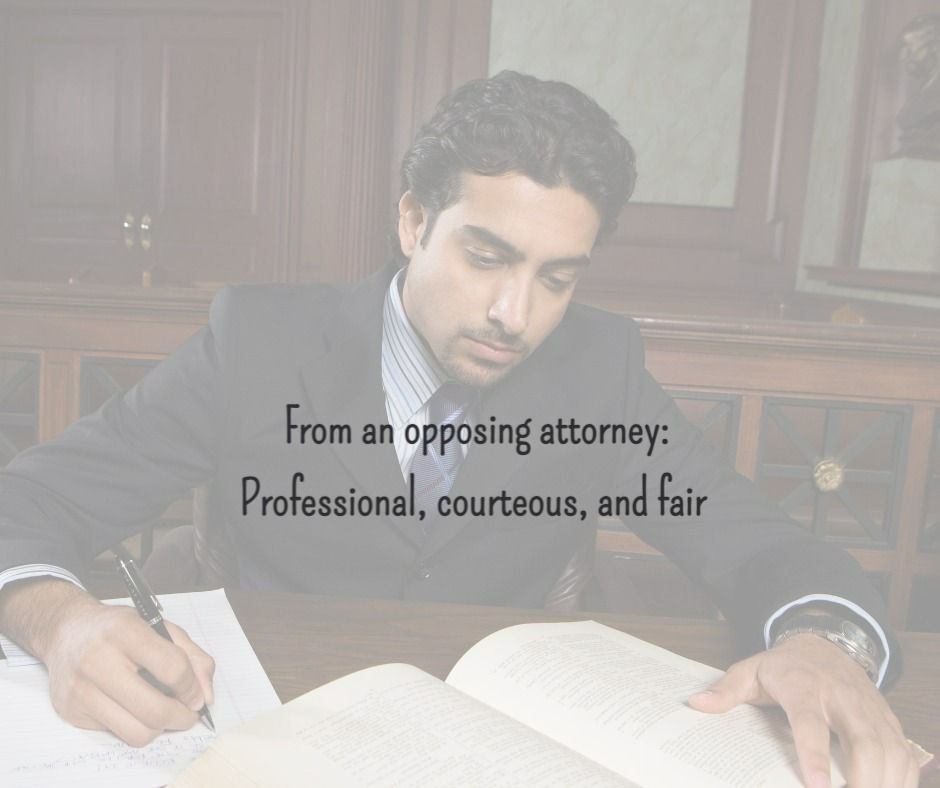Arizona Restores the Route to Practice Law After Apprenticeship
Before the prevalence of law schools in the 1870s, apprenticeships were the primary way to become a lawyer.
In what started as an exploratory Task Force of the Arizona Supreme Court in 2019, Arizona has now adopted a judicial code and created a pathway to licensure for the practice of law acquired through past apprenticeship and experimental learning. Initially, this elite designation was coined as "Limited License Legal Practitioners" to denote the difference between an attorney who has a broad license to practice any area of law and this license acquired through demonstration of past apprenticeship, meant to be limited to the area of practice the apprentice had mastered. The most common practice area is family law.
Even after qualifying by past apprenticeship and experimental learning, a candidate for licensure has to demonstrate his or her mastery by examinations in the ethical rules that govern all persons practicing law, the Rules of Evidence, and the Arizona Revised Statutes and Rules of Procedures relative to each practice area. The first of these examinations were administered in the Summer of 2021. From there, the candidate undergoes a strenuous character and fitness examination.
Two years after the Task Force released its recommendations, on November 29, 2021, the Supreme Court, Board of Non-Lawyer Legal Service Providers approved the first 10 applicants* for licensure, who then no longer being apprentices, were routed to the State Bar of Arizona:
1. Stephanie Villalobos
2. Staci Maret
3. Stacey James
4. Nichol Fitzpatrick
5. Chelsea Woodworth
6. Mandi Hemming
7. Randi Partain
8. Holli Parsons
9. Amber Labadie
10. Benjamin Schwartz
After licensure, Ms. Fitzpatrick founded Code 4 Legal, PLLC and provides representation to family law clients, specifically in areas of child custody, support, divorce, modification, enforcements and other family law matters.
*This is a celebratory post to recognize the inaugural licensees and is not representative of licensees employed at this Firm.

While the license does differ in some ways from a divorce attorney, in many ways they are similar. Ms. Fitzpatrick represents clients in and out of court, from the beginning of the case, all the way through trial.
Because Ms. Fitzpatrick is not a traditional attorney, she is able to offer divorce and family law representation at a more affordable rate than a traditional family lawyer. Today, she is one of over 60 that have acquired licensure through apprenticeship.

While there are some limitations in family law cases, a consultation will quickly determine whether those apply to your case.
“Stop and think of some of the great lawyers in American history,” said Daniel R. Coquillette, a law professor at Boston College who teaches and writes in the areas of legal history and professional responsibility.
“John Adams, Chief Justice Marshall, Abraham Lincoln, Thomas Jefferson. They didn’t go to law school at all.”
The New York Times. (2014, July 30). The Lawyer's Apprentice. https://www.nytimes.com/2014/08/03/education/edlife/how-to-learn-the-law-without-law-school.html



















